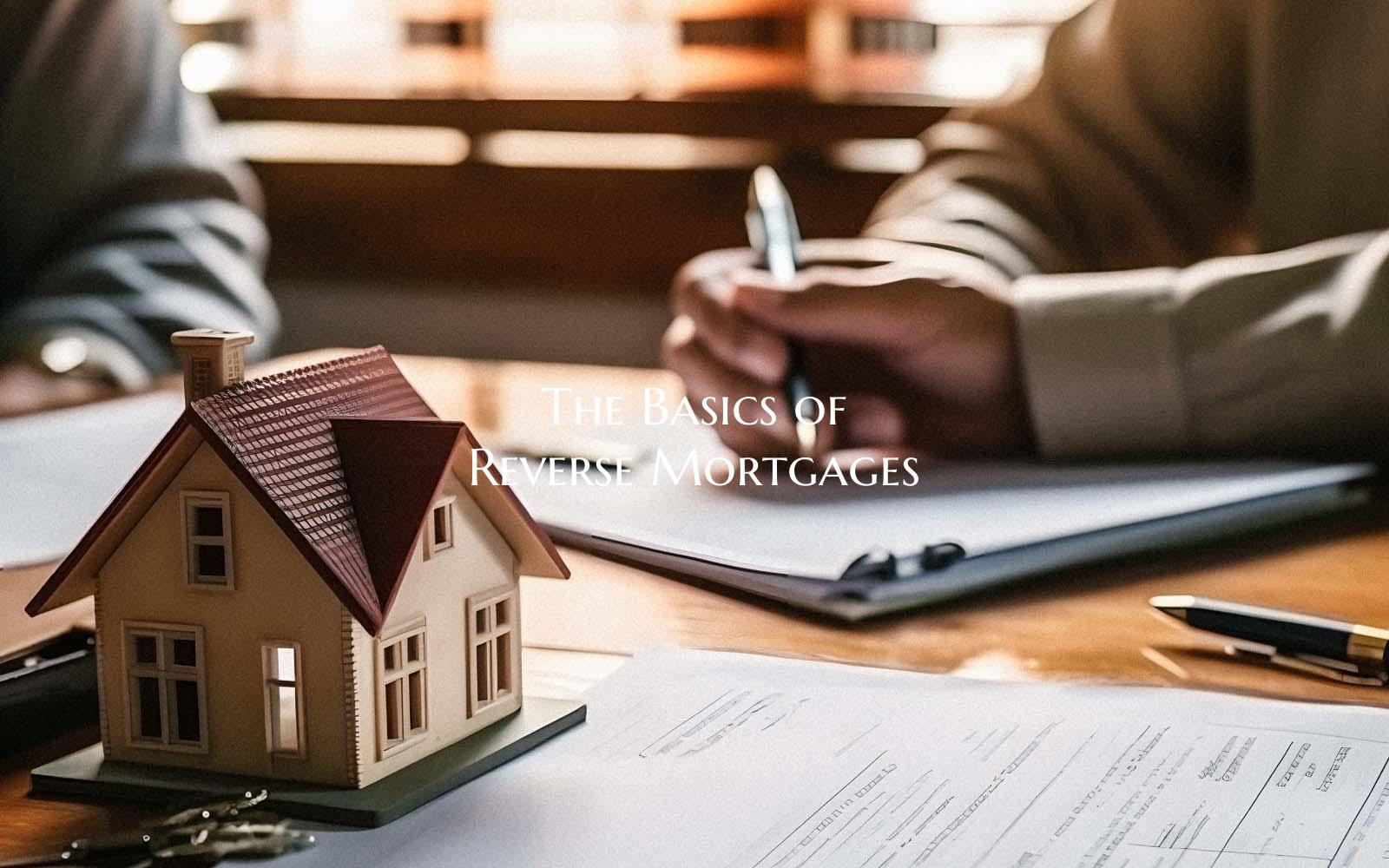The Basics of Reverse Mortgages

A reverse mortgage is a financial product that allows homeowners aged 62 or older to convert a portion of their home equity into cash. This can be particularly beneficial for retirees or seniors looking to supplement their retirement income, pay off debts, cover healthcare expenses, or make home improvements.
Here are some key points to understand about reverse mortgages:
1. How it Works: - Instead of the homeowner making monthly payments to a lender, the lender makes payments to the homeowner, either through a lump sum, monthly installments, line of credit, or a combination of these options. - The loan is typically repaid when the homeowner moves out of the home, sells the property, or passes away. At this point, the loan balance, accrued interest, and fees are due.
2. Eligibility: - To qualify for a reverse mortgage, homeowners must be at least 62 years old and own their home outright or have a significant amount of equity. - The homeowner must continue to pay property taxes, homeowners insurance, and maintain the property in good condition.
3. Pros and Cons: - Pros: Provides additional income without monthly payments, allows homeowners to stay in their homes, can be a source of tax-free income, and the loan does not typically affect Social Security or Medicare benefits. - Cons: Accumulated interest can grow over time, reducing the equity in the home for heirs, upfront costs can be high, and the homeowner is still responsible for property taxes and insurance.
4. Considerations: - Before deciding on a reverse mortgage, homeowners should consider their long-term financial goals, how long they plan to stay in the home, and the impact on their heirs. - It's important to shop around and compare offers from multiple lenders to find the best terms and rates.
In conclusion, a reverse mortgage can be a useful financial tool for older homeowners looking to access their home equity. However, it's crucial to understand the terms, costs, and potential impact on future finances before making a decision. Consulting with a financial advisor or housing counselor can also provide valuable guidance in determining if a reverse mortgage is the right choice.
